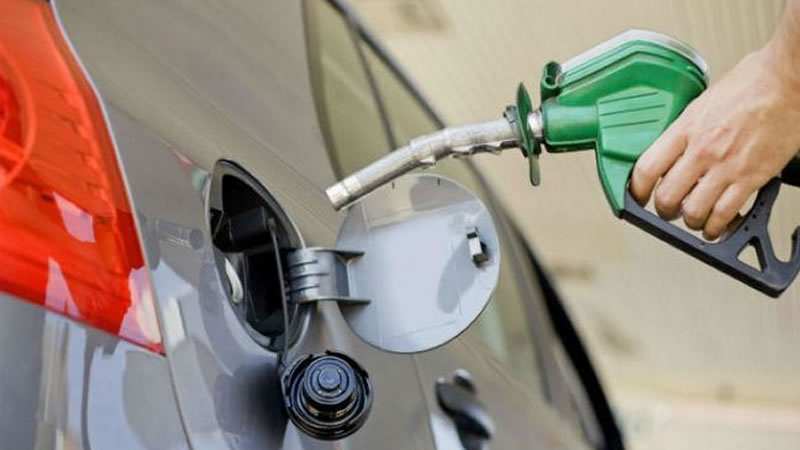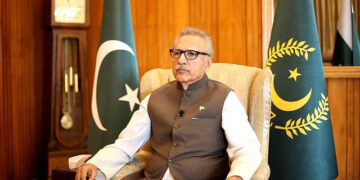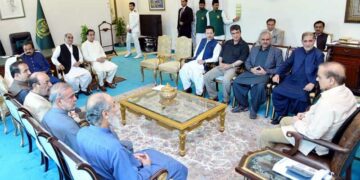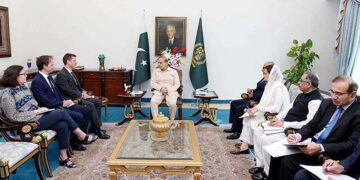The National Electric Power Regulatory Authority has accepted the government’s plea for imposition of Rs1-4 per unit surcharges on electricity tariff to meet requirements of the International Monetary Fund programme.
[contentblock id=1 img=adsense.png]
The Nepra determination released on Wednesday took advantage of an interim order of the Supreme Court suspending a Lahore High Court judgment that held a series of surcharges illegal and ordered their refund to consumers.
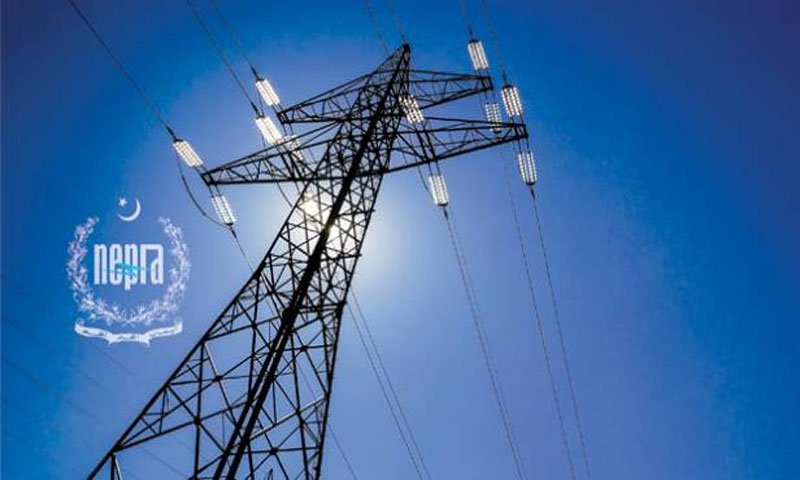
On the directives of Finance Minister Ishaq Dar, the ministry of water and power is reported to have dispatched the Nepra decision to the IMF on Tuesday even before it was officially released by the regulator, said a senior official. He said the power ministry had informed the finance minister about the favourable Nepra decision at the parliament house and it was immediately conveyed to the IMF. The Nepra decision to allow an average Rs2.50 per unit surcharge would not immediately increase electricity tariff but would deprive consumers of an equivalent tariff reduction with a financial impact of around Rs100 billion. In doing so, Nepra has condoned a legal bar under which the government was required to appeal against tariff reduction within 15 days to implement the power regulator’s previous decisions for tariff reduction for distribution companies. In its judgments issued between March 10 and April 14, Nepra had determined reduction in tariff for all distribution companies of ex-Wapda (except K-Electric) by an average Rs2.50 per unit for 2014-15.
[contentblock id=2 img=gcb.png]
The decisions required the government to notify these reductions within 15 days or seek a review. The deadline lapsed but in the meanwhile the government reached an understanding with the IMF for further cuts in electricity subsidy. In order to implement this understanding that would result in disbursement of $506 million this month, the Economic Coordination Committee of the cabinet decided in the last week of May to issue policy guidelines to Nepra about imposition of an equivalent amount of surcharge to avoid tariff reduction.
Read More: Nepra Approves Rs4.4 Per Unit Reduction in Power Tariff
A Nepra official said that based on benchmarks on reduction in theft, technical losses and fall in fuel prices, the average tariff should have come down as determined in March-May ranging from Rs1 to Rs4 per unit for various consumer groups and distribution companies, but a surcharge of around Rs3 was imposed on domestic consumers and Rs4 on commercial and industrial consumers to absorb the price reduction and reduction in subsidies. Nepra said it had accepted the government’s policy directive because the ECC decisions were made in line with National Tariff and Subsidy Policy Guidelines approved by the Council of Common Interests in 2014.
[contentblock id=3 img=adsense.png]
One of the surcharges “tariff rationalisation surcharge’, it said was within policy parameter of the CCI for socio-economic objectives, budgetary targets in field and cross-subsidisation and maintaining uniform tariff across the country. Nepra said it condoned “time bar’ restriction for nine distribution companies for which it had issued a tariff schedule before April 15 because the tariff determination for a non-operational company called Tribal Electric Supply Company was issued on May 19 and the government’s review petition was filed on May 21. At a public hearing a few days ago, major power sector stakeholders had opposed the imposition of over Rs2.50 per unit surcharges on electricity tariff.




